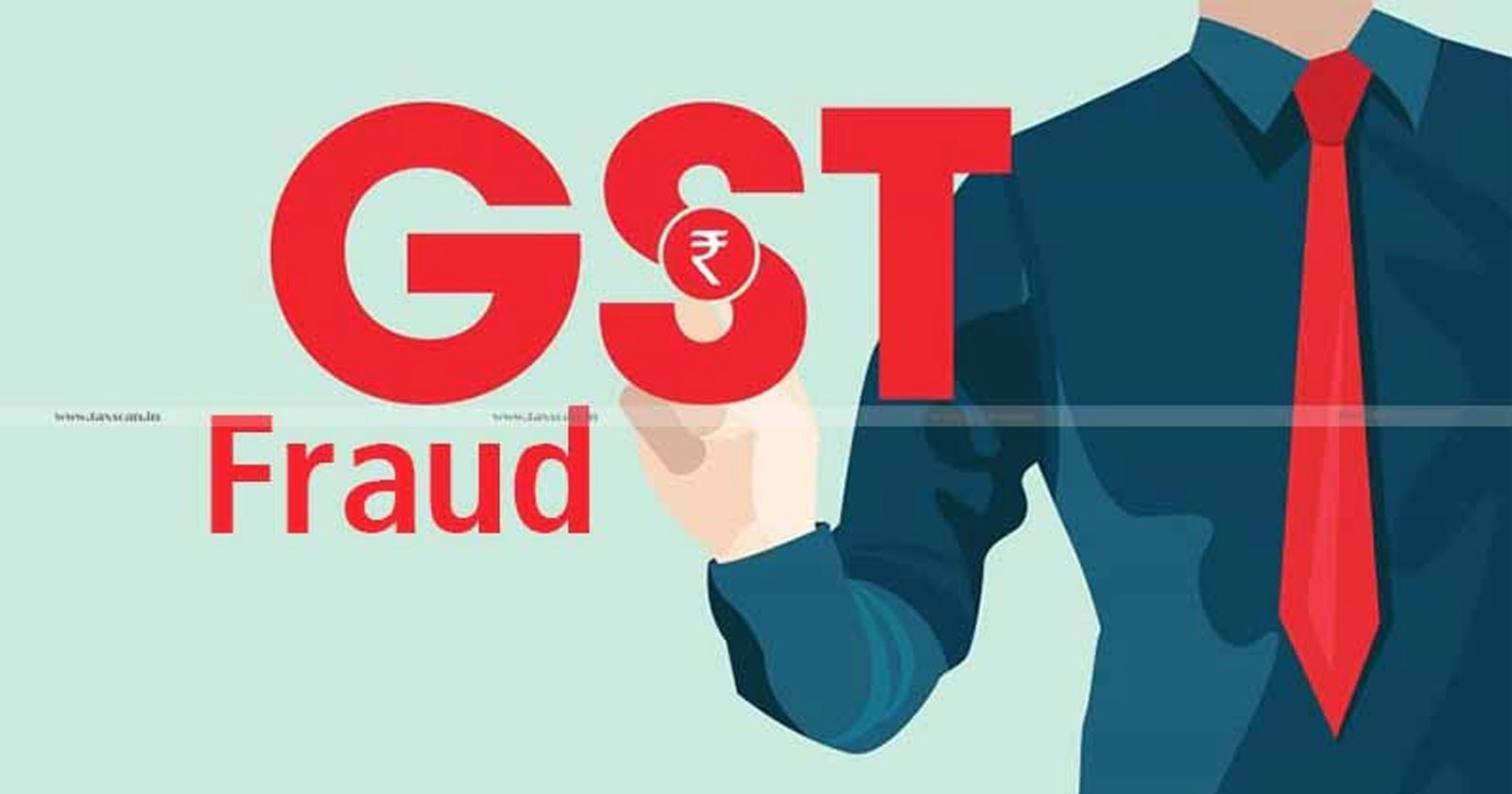CGST uncovers GST Fraud of Rs. 760 crores, Arrests Two for Issuing Bogus Invoices and KYC document Misuse
The CGST exposed two fake invoice frauds involving Rs. 760 crore, claiming ITC without any actual supply of goods or services leading to arrests

The Central Goods and Services Tax ( CGST ) department exposed two major GST frauds worth Rs. 760 crore, leading to the arrest of two individuals in Mumbai. These operations were part of the nationwide "Second Special All-India Drive against fake registrations”. The fraudsters established 92 fake firms to generate bogus invoices, claiming Rs. 140 crore in fraudulent input tax credits ( ITC ).
One suspect was arrested by the Thane CGST Commissionerate for creating 22 shell companies, misusing KYC documents, and being involved in circular trading to inflate turnover. The second suspect was caught by the Palghar CGST Commissionerate who was involved in issuing fake invoices worth Rs. 320 crore.
Complete Draft Replies of GST ITC Related Notices, Click Here
In the first case, the Thane CGST Commissionerate arrested an individual who created 22 shell companies and claimed Rs. 48 crore in fraudulent input tax credits ( ITC ). He also passed on Rs. 44 crore worth of bogus ITC, totaling Rs. 92 crore.
The suspect was involved in circular trading to inflate the turnover of these fake firms. Authorities revealed that the accused misused KYC documents including Aadhaar and PAN cards, to register these fake firms and open bank accounts.
In the second case, under the Palghar CGST Commissionerate, a larger racket was uncovered involving fake invoices valued at Rs. 320 crore. Like the first case in Thane, these invoices were issued without any actual supply of goods or services, enabling the fraudsters to claim fraudulent input tax credit ( ITC ). The accused was arrested following a detailed investigation by the authorities.
Complete Draft Replies of GST ITC Related Notices, Click Here
In both cases, the masterminds used fraudulent invoices with the sole purpose of passing on input tax credits ( ITC ) to other recipients or companies without any real transactions. These fake invoices created an appearance of legitimate business transactions, allowing various entities to fraudulently claim tax credits. By manipulating these invoices, the fraudsters were able to benefit from the tax system.
Support our journalism by subscribing to Taxscan premium. Follow us on Telegram for quick updates


